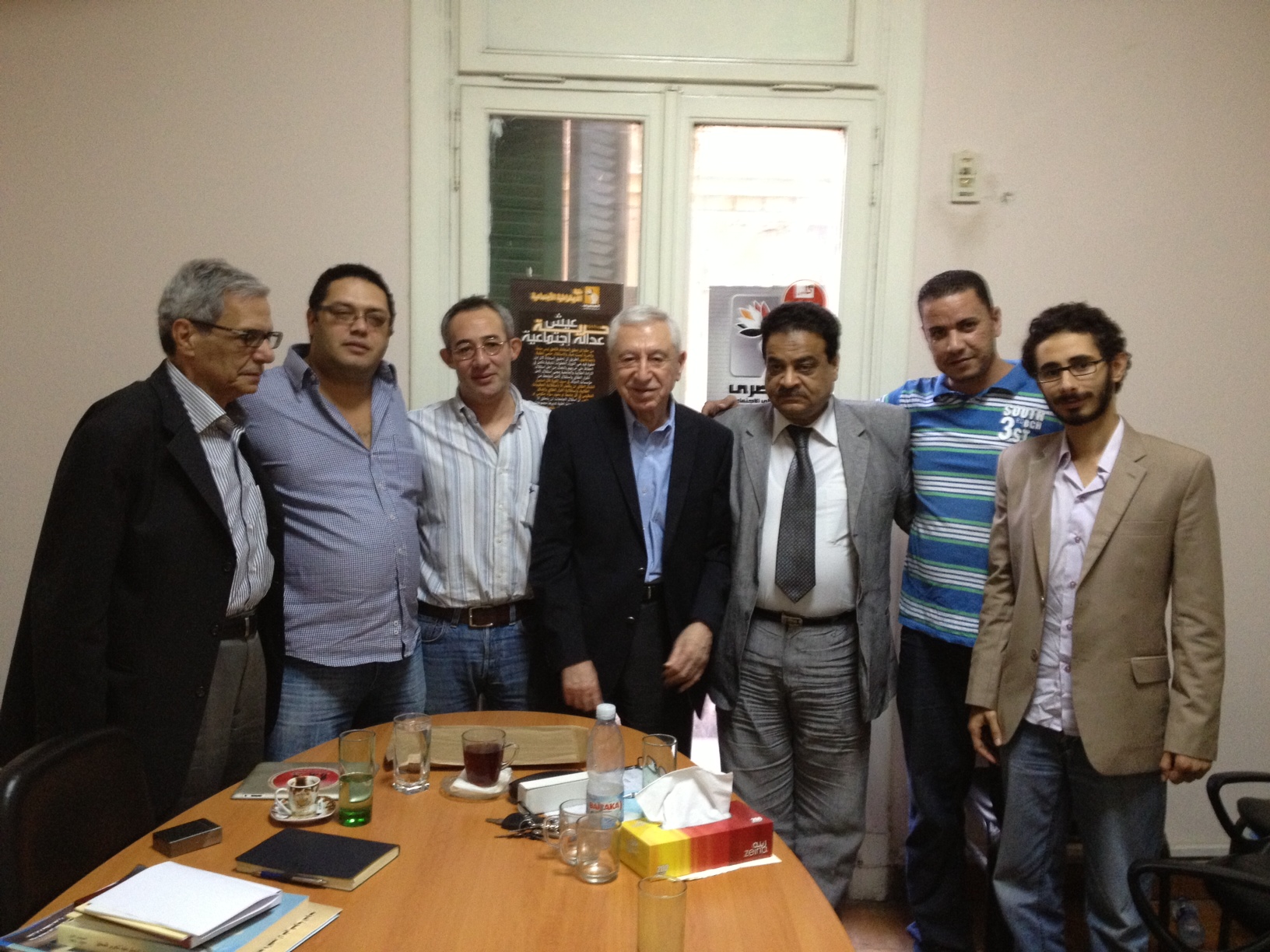CAIRO: Sheikh Ezzat Attiya, chairman of the hadith department at Al-Azhar University was dismissed from his faculty position yesterday following the completion of the disciplinary committee investigation into his highly controversial fatwa.
Attiya was fired for issuing a fatwa last May in which he had drawn on Islamic traditions which forbid sexual relations between men and women who had breastfed them, to suggest that symbolic breastfeeding could be a way round the strict segregation of males and females.
The controversy accompanying Attiya’s fatwa led Egypt’s Grand Mufti Ali Gomaa to decree that all Islamic institutions must set unified criteria to which sheikhs around the world must adhere when it comes to issuing fatwas.
But Sheikh Mahmoud Ashour, former deputy of Al-Azhar and member of the Islamic Research Center, believes that the decision to dismiss him was “a harsh and cruel punishment and was too excessive for the act committed.
Ashour told Daily News Egypt that Al-Azhar sheikhs and scholars were not privy to the investigations which were conducted solely by Al-Azhar University’s administration.
“We should have had time to sit with Sheikh Attiya. We should have had the opportunity to speak with him to find out the essence of his argument in order to reach common ground, Ashour added, despite acknowledged that Attiya had adamantly refused to retract his fatwa.
“Attiya’s claims were tackled in many books before the topic is irrelevant to this age, Ashour said.
In a previous interview, Ashour had told Daily News Egypt that if Gomaa’s proposal was correctly implemented, it will prevent fatwas from becoming a business not a science as it should be.
People who issue fatwas should be qualified to do so. They should be honest and careful with every fatwa they release.
However, Gomaa himself is the author of a controversial book which claimed that Prophet Mohammed’s (PBUH) companions used to drink his urine, considering it a blessed act.
Gomaa had refused to take back his statement, insisting that everything which emanated from the Prophet is pure and sacred.
Attiya’s fatwa had triggered a storm of criticism against him, until he was referred to a disciplinary committee.
The storm was fed by wide coverage on Arab media channels and reached all the way up to the People’s Assembly (PA) where around 50 members discussed submitting an investigative questioning into the issue, as reported by Al-Arabiya website.
The PA decided to give Al-Azhar a chance to retract the fatwa itself, in hopes it would divert the media attention from the issue because they felt it was detrimental to Al-Azhar and Islam’s image.
As for the reaction of Sheikhs and top Islamic scholars on the fatwa’s content, Gamal El-Banna, an Islamic intellectual told Daily News Egypt in a previous interview that the fatwa is “nonsense .
However, El-Banna believes that Attiya should keep his job.
Sheikh Khaled El-Gindy, an influential sheikh, concurred.
“Those fatwas are completely unrelated to Islam. They are based on no certified or credible sources, El-Gindy said.
El Gindy also told Daily News Egypt that Al-Azhar had announced many times that fatwas like these should not be released to the public.
“Al-Azhar has held many seminars and lectures about the harmful effect of these fallacious fatwas on people’s mentality, but obviously some sheikhs are unaware of the negative consequences of their fatwas, El-Gindy said.


